Best of Brand Collaborations: June 2020
Plus: New livestreaming regulations, an appliance opera, and a chili sauce scam.
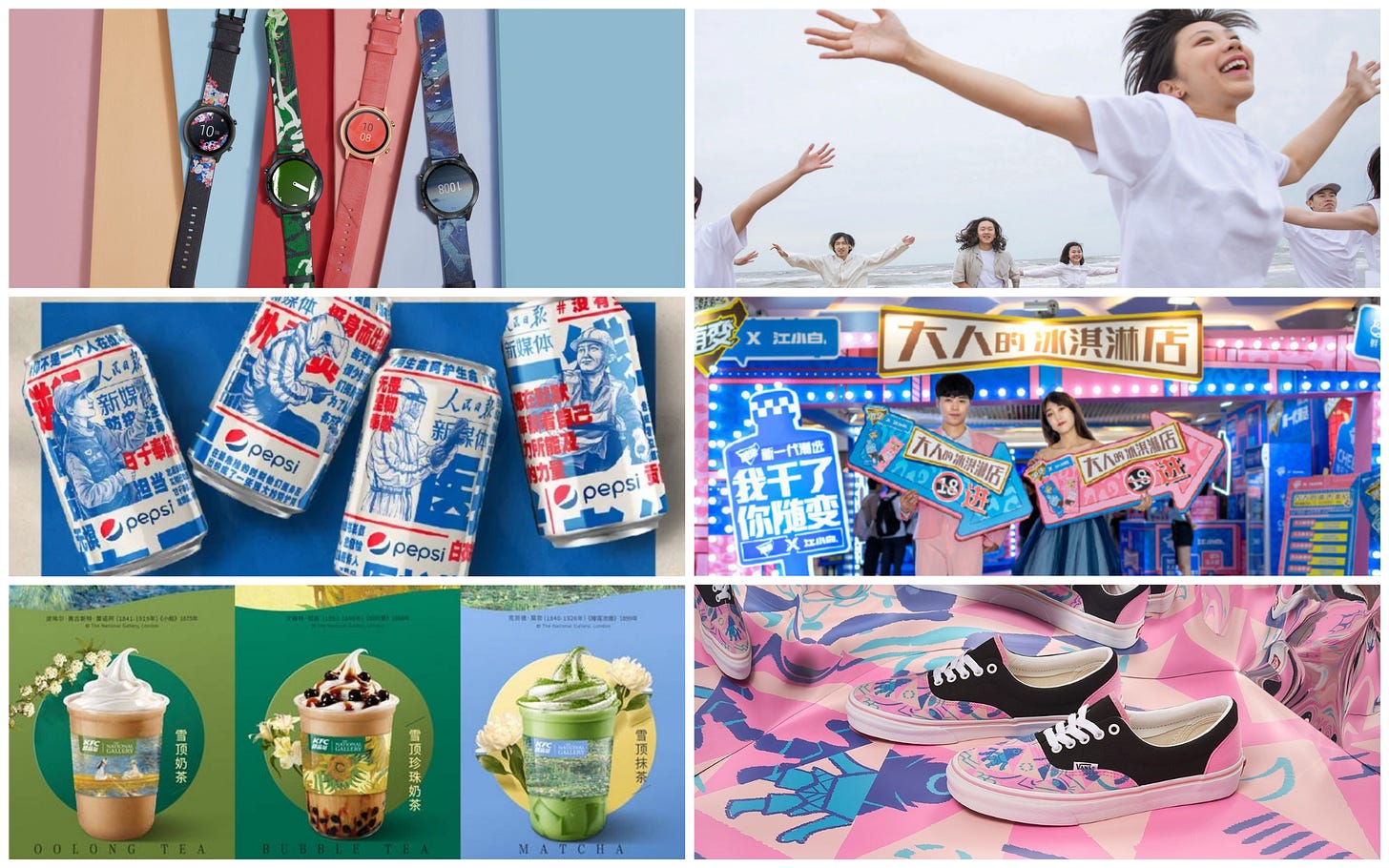
In China’s marketing scene, brands in just about every sector have shown great openness to partnership opportunities capable of attracting new consumers beyond those already familiar with their core products. Collaborations are typically offered in limited editions, with extensive digital media campaigns that may incorporate video, livestreaming, celebrity endorsements, social media contests, and interactive games.
So with that in mind, here is our list of best brand collaborations from June 2020:
Top Pick: Huawei Honor x Artists Jacky Tsai, Giovanni Ozzola, Wang Dongling, and Zhou Li
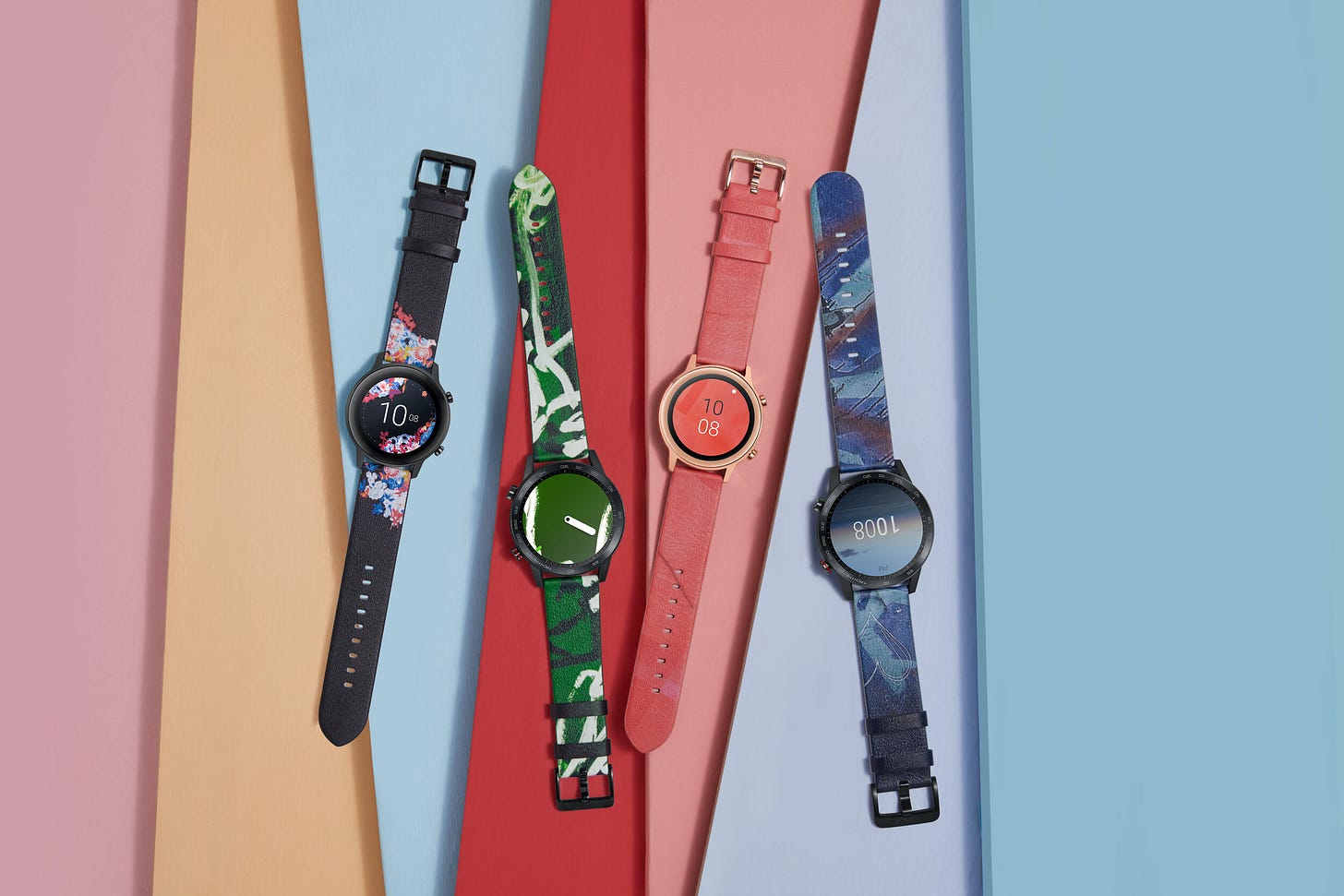
Seeking to upgrade their brand images on a global level, Chinese smartphone makers have been engaging in a series of collaborations with creative talents, such as Vivo’s mirrored phone and other products designed by Alexander Wang and Oppo’s brand films starring international stars Eddie Redmayne and Leonardo DiCaprio.
Huawei’s Honor brand has been making a bigger push into art recently, with the recent launch of the Honor Academy Program in overseas markets to develop content-oriented partnerships with cultural institutions and educational institutions. The initiative was launched last month with virtual access to a private collection of more than 300 works by Spanish artist Salvador Dalí through a partnership with Dalí Paris.
The theme of “unleashing creativity” was also part of a collaboration between Huawei Honor and four artists on a series of limited-edition watch straps for the Honor MagicWatch and sleeves for the MagicBook created by Jacky Tsai, Giovanni Ozzola, Wang Dongling, and Zhou Li. Each of the artist’s contributions reflects their signature style, from Tsai’s lush floral horse to Wang’s experimental calligraphy, and can be paired with matching watch faces available through the Huawei Health app.
The artistic collaborations marked a new entry into IP licensing for the Shenzhen-based consultancy Art Fanya, which works with Western and Chinese artists, galleries, brands and other institutions on arts projects and events.
Five more noteworthy collaborations for June 2020:
COS x UCCA Center for Contemporary Art

The H&M-owned fashion brand and UCCA Lab, the museum’s interdisciplinary platform for art-adjacent collaboration, partnered on a “cloud” online art project that brought artist and choreographer Liu Qinmin and musician Huang Jin to the UCCA Dune outpost in the coastal city of Beidaihe, creating a work inspired by the COS summer capsule collection that combines visual elements, dance, and sound.
Pepsi x People’s Daily

Global brands can’t get more localized in China than by partnering with the self-styled mouthpiece of the Communist Party, the People’s Daily. To honor China’s ordinary heroes in the time of coronavirus, Pepsi created a set of limited-edition cans featuring four types of frontline workers in its signature shades of red and blue set against an off-white background in the shade of a newspaper with Chinese text in the paper’s fonts.
Jiangxiaobai x Mengniu Dairy
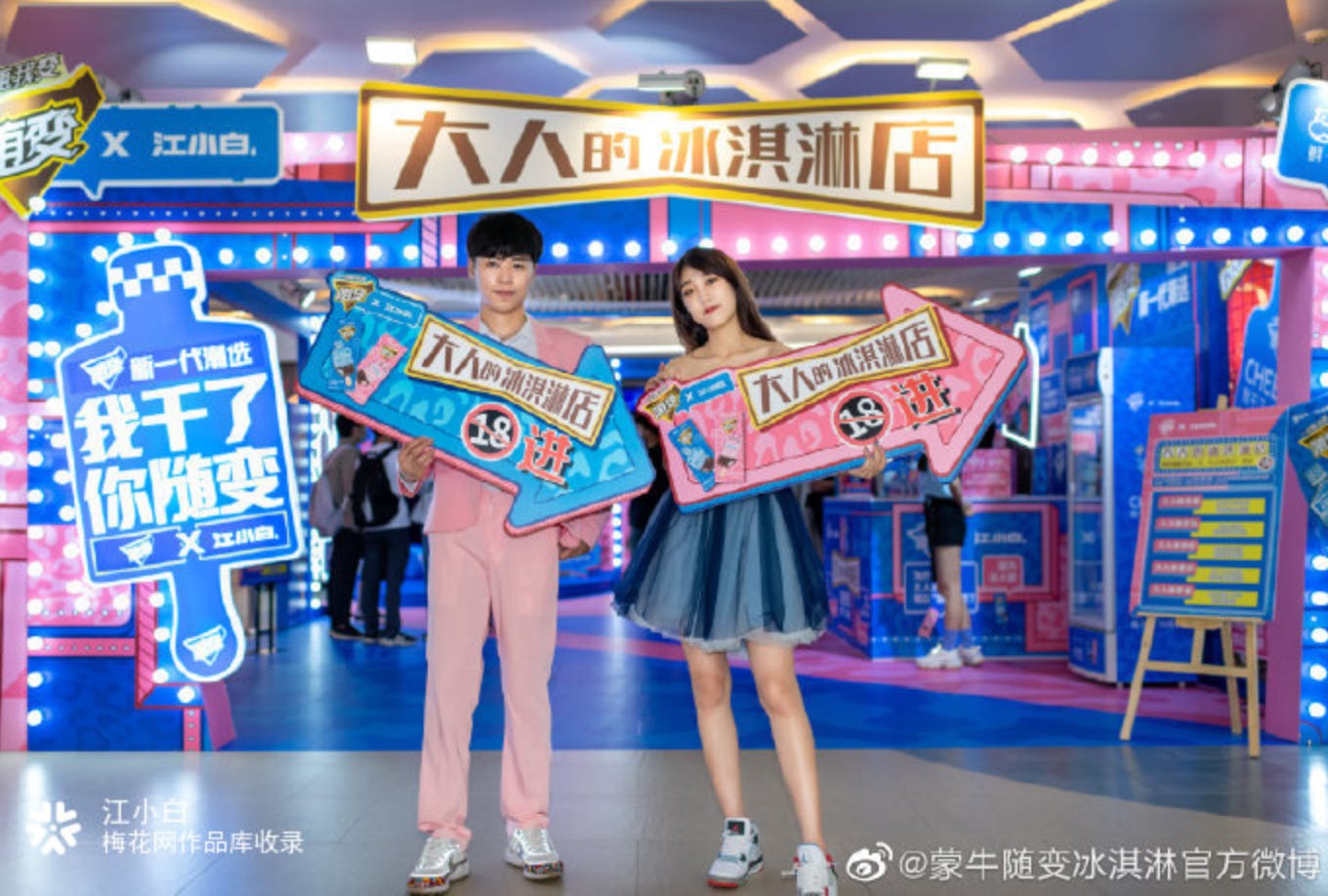
The Chinese liquor brand Jiangxiaobai and Mengniu Dairy’s Suibian sub-brand developed a line of boozy ice cream treats to help “big kids” celebrate Children’s Day on June 1. The partnership also included a pop-up “adult ice cream shop” in Shanghai, open only to those age 18 and older, offering a unique experience for millennial and Gen Z consumers to mark the date.
KFC x National Gallery
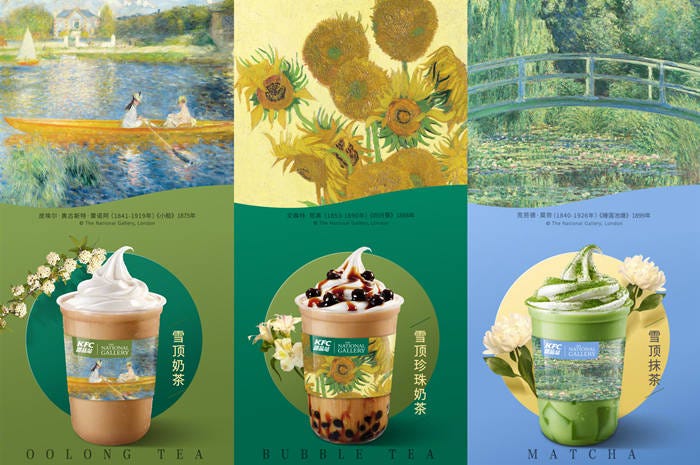
Bringing art into daily life, fast-food chain KFC splashed world-famous Impressionist works from the National Gallery across buckets of chicken and drink cups in its more than 5,080 Chinese restaurants. The “Summer Impression” campaign also includes themed tea beverages and promotion by actor Zhu Yilong.
Vans x Calabash Brothers
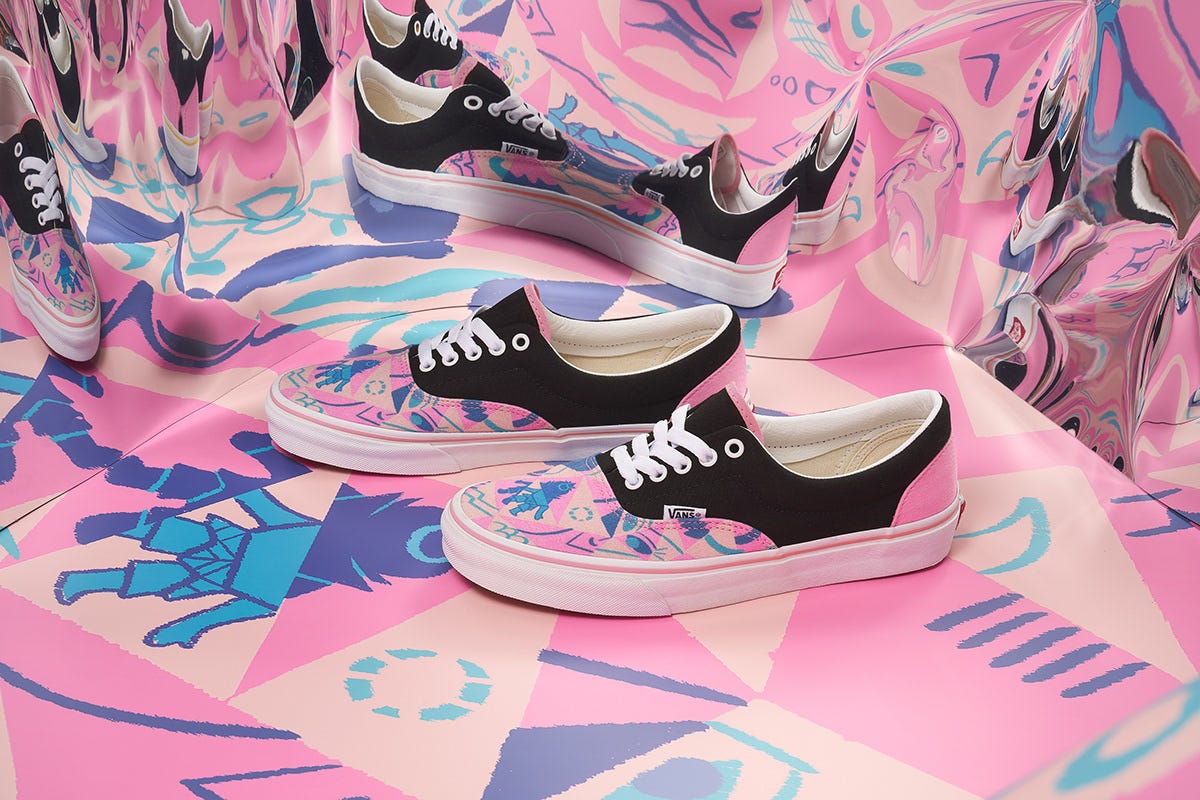
Tapping into nostalgia through a collaboration with Shanghai Animation Studios, Vans developed a series of three prints from the retro cartoon “Calabash Brothers” for its line of custom sneakers, allowing consumers to mix the new designs with other brand elements such as its signature black-and-white checkerboard pattern.
Interested in advertising on CCI or sponsorships? Have an article suggestion or want us to keep a brand on our radar? Let us know! We love hearing from you.
Mentioned in today’s newsletter: Casarte, COS, Haier, Huawei Honor, Jiangxiaobai, KFC, Oppo, Pepsi, Vans, Vivo.
China’s First Set of E-commerce Livestreaming Rules Are Out, With More to Come
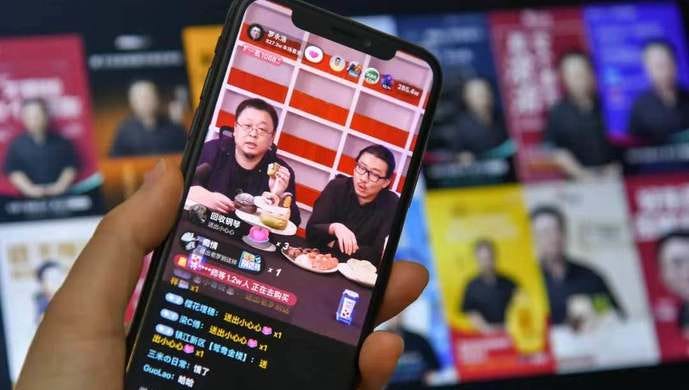
China’s booming e-commerce livestreaming scene has been in the spotlight for its part in helping to sustain consumption throughout the coronavirus outbreak and boost sales across many platforms during the recent 618 Shopping Festival. But the picture isn’t entirely rosy, as concerns have emerged that e-commerce livestreaming is a breeding ground for false advertising, sales of shoddy goods, fraudulent activity, and poor after-sales service.
Help is on the way. In March, the State Administration for Market Regulation and 11 other departments highlighted the need to strengthen supervision of activity on livestreaming platforms, and various bodies have gotten to work on regulating the sector.
Up first is the China Advertising Association (CAA). Its “Standards for Internet Livestream Marketing Activity” (网络直播营销行为规范) took effect on July 1 and focus mainly on combating false and misleading information. Key points of the new rules:
E-commerce livestreamers are required to give “complete, truthful, and accurate” descriptions of the products and the services they sell;
False advertising, vulgar content, and exaggeration of products are strictly prohibited to prevent misleading consumers;
Livestreaming platforms are required to operate under the supervision of authorities and provide data and information as needed;
Although livestreamers are allowed to use nicknames, they will be required to provide real-name authentication to their streaming platforms;
The marketing data provided by the livestreamers to the merchants, streaming platforms and marketing platform must be true;
Platforms need to maintain self-censorship and support training for livestream hosts; and
The CAA will censure parties that breach the rules and report them to relevant authorities for follow-up investigations.
Separately, CCI previously reported on the China General Chamber of Commerce’s work on drafting a set of national standards for e-commerce livestreaming shopping along with guidelines for online sales, which are expected to be released for comment this month.
With a new regulatory regime in the works, many are wondering what the future of e-commerce livestreaming will look like. In May, China’s Ministry of Human Resources and Social Security recognized “livestreaming host” as a new profession, and it looks like official job requirements such as certification may not be far off.
Zhejiang Province, home to Alibaba and a hub of e-commerce livestreaming activity, has several regulations in the works, and released the “Standards for Training and Evaluation of E-Commerce Livestreaming Talent” on June 26. These standards set out academic qualifications and three three skill levels for hosts: junior, intermediate and advanced, based on years of experience. But since e-commerce livestreaming has only been in existence for four years, top hosts such as Li Jiaqi and Viya would only qualify as mid-level talent.
- by Ginger Ooi, CCI Team
Brand Film Pick: Casarte’s Lifestyle Reinvention

Haier’s high-end appliance brand Casarte has advocated the concept of “knowing what is rare, and cherishing what is rare” with content-driven campaigns such as the “Contemporary da Vinci” exhibit and partnership with the Louvre, and the English-language short film “The Extraordinary Butler Academy” (不凡管家学院).
The ability to communicate a brand’s values to the public is an important step towards establishing a relationship with consumers, which is the goal of the new “Casarte lifestyle” (卡萨帝人生) campaign, which includes a six-part video, “Casarte Life Story” (卡萨帝人生故事).
Each scene shares moments in the life of a Casarte appliance owner: The first shows a traditional opera singer using a Casarte air dryer to clean his delicate costume and upholding cultural heritage in the process. Another segment depicts a man who is treated coldly by one of his friends. After taking a warm shower — thanks to a Casarte water heater — he decides to continue to look after his friend, despite his occasional coolness. The final part reflects recent conditions of life during a pandemic. A woman and her friends use a variety of Casarte kitchen appliances to prepare an extravagant meal, but it is revealed to be the woman’s post-pandemic daydream.
Casarte’s campaign works to counter associations of luxury spending as superficial and indicative of conspicuous consumption by demonstrating how premium products can represent extensions of experiences, value systems, and lifestyles. As China’s luxury home appliance industry becomes increasingly competitive, high-end brands need to help consumers realize the value of their products beyond their design and function, showing how they can also inspire pride and resonate emotionally. This is true of high-end brands in every industry, from automobiles to mobile phones to fashion, and Casarte invited other premium brands to participate in its lifestyle campaign by sharing how their products can help consumers cherish special moments.
- by Benjamin Guggenheim, CCI Team
Report Corner

International brands account for 48% of Douyin’s beauty video views, and nearly a third of users who watch beauty videos on the platform have clicked on at least one e-commerce link, according to a report from Bytedance’s Ocean Insights.
China’s fast-moving consumer goods consumption fell by 6.7% in the first quarter of 2020, after rising 5.5% in 2019, according to a report on Chinese consumers from Bain and Kantar. And while offline sales fell by 13% during the first three months of the year, online retail saw a 19% boost.
A record 17 brands from China made the BrandZ list of the 100 most valuable global brands for 2020, with Alibaba and Tencent among the top ten.
News in English
Management changes at Pinduoduo: Founder Colin Huang is stepping down as CEO and reducing his stake in the social e-commerce firm, though he will remain its chairman and retain a majority of voting power. Current CTO Chen Lei will replace him, and Ma Jing will join as vice president of finance after 17 years with Chanel. Financial Times
Inspiring brand loyalty from China’s prized Gen Z consumers means more than just repeat purchases. It involves creating positive emotional connections and the cultivation of “fansumers.” Parklu
Liu Bo, head of marketing and operations for Tmall and Taobao, discusses trends and post-coronavirus changes in consumer behavior during this year’s 618 Shopping Festival. Alizila
JD.com’s perspective on consumption during the coronavirus epidemic and how the platform worked to develop new consumer experiences for brand partners. The Drum
Apartment rental platform Danke produced an interactive livestreamed reality show starring three of its professional housekeepers to introduce the concept of co-living and address questions and concerns. PR Newswire
China’s cosmetics market is forecast to grow to $8.8 billion by 2024 from $5.7 billion last year, with L’Oréal, LVMH, and Amorepacific the top three players. GlobalData
Brands beware: scammers posing as marketing representatives for the popular chili sauce brand Lao Gan Ma duped Tencent into giving them millions worth of gaming codes which they then resold, resulting in a lawsuit against Lao Gan Ma for unpaid ad fees by Tencent. Sixth Tone
We’ve Got China Covered
China Film Insider: Recap of the Online-Released Films in the First Half of 2020
Jing Daily: Chinese Designers: Beware of “Guochao Fatigue”
Jing Travel: Backyard Inspiration: The New Role for DMOs
Thank you for reading! We will be back next Tuesday. In the meantime, we hope you enjoy the rest of your week, and as always, feel free to reach out with any story tips, sponsorship inquiries, questions, comments, or to say hello.


